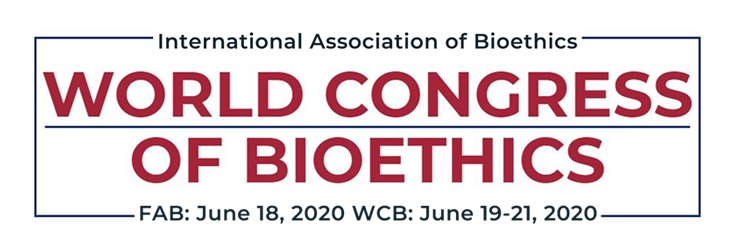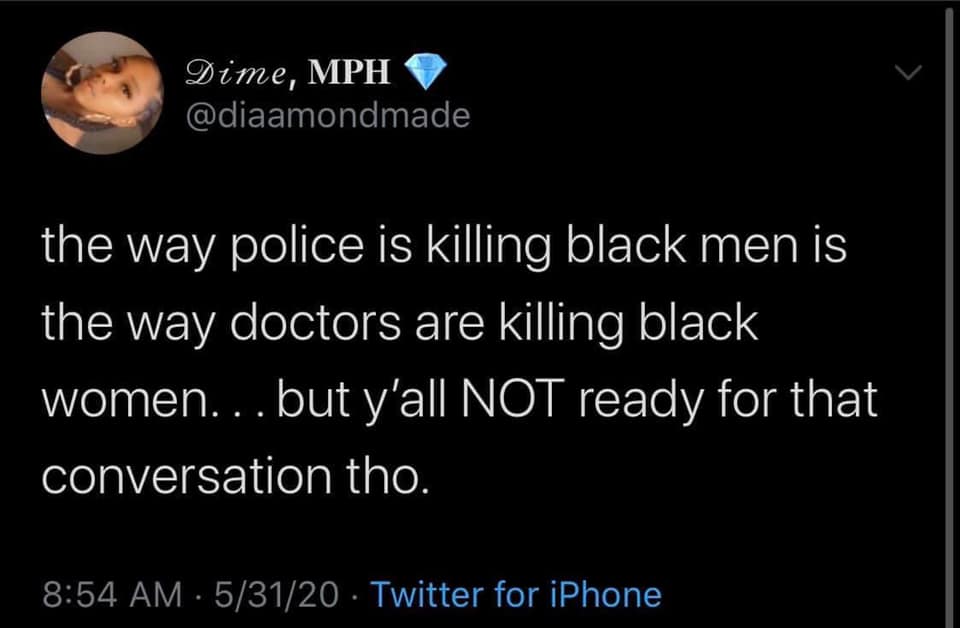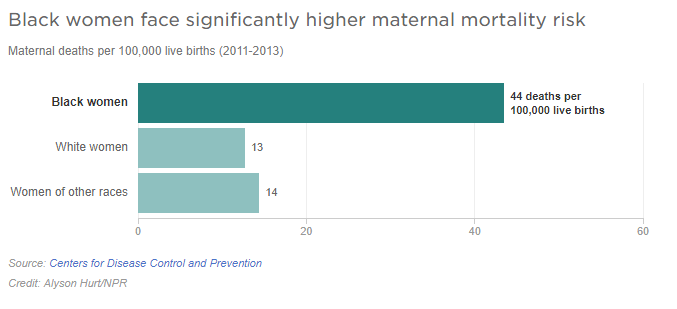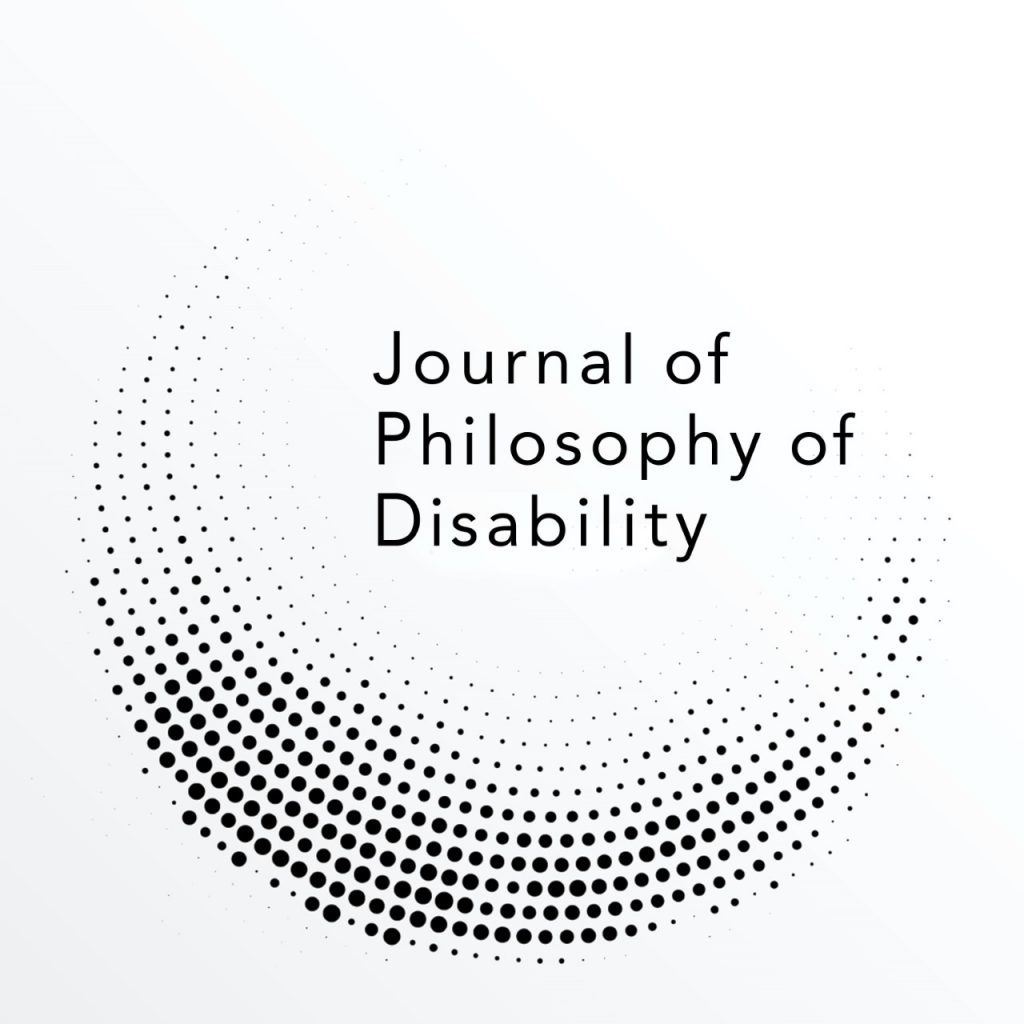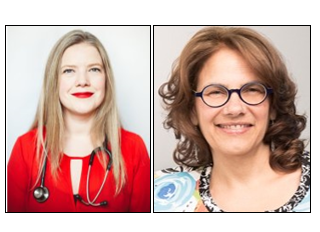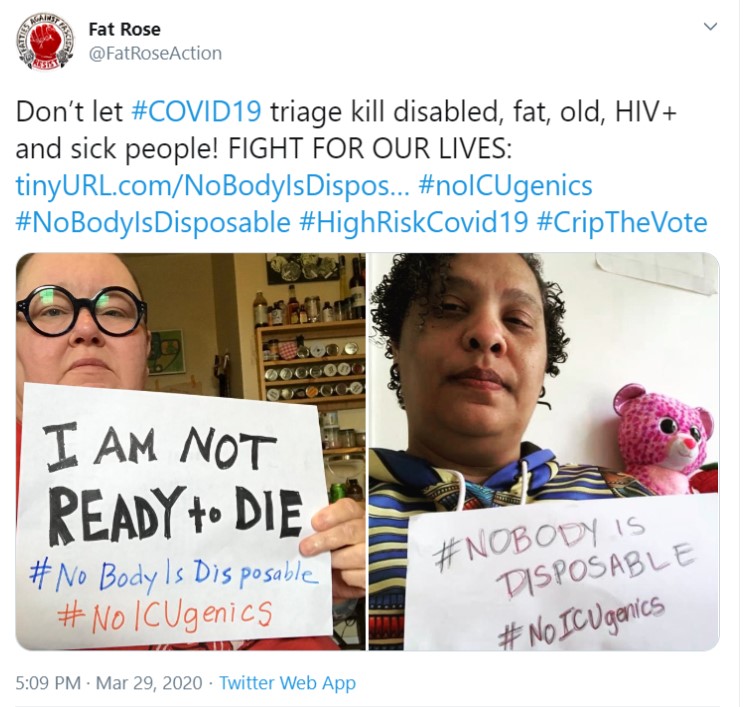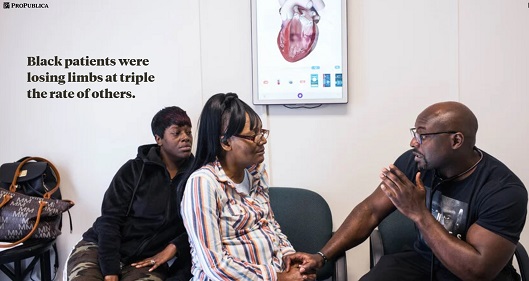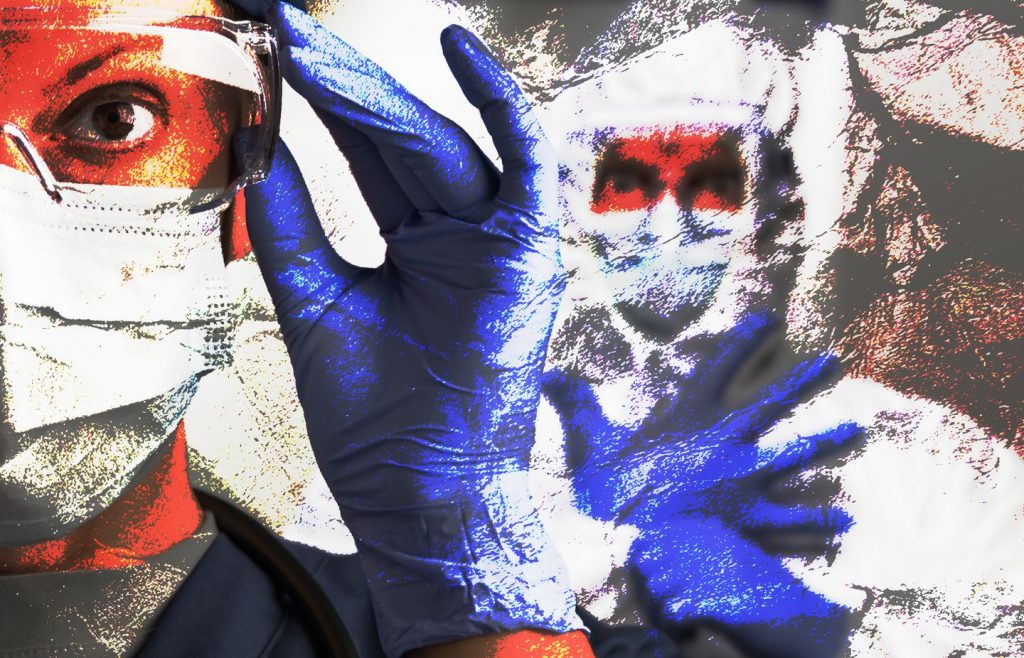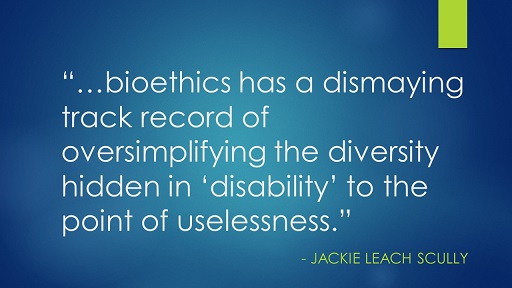Anyone planning or hoping to attend the virtual format of the World Congress of Bioethics and Feminist Approaches to Bioethics Congress should download the eventScribe app. There will be scheduled streamed keynote speakers, and over 300 unscheduled talks–audio tracks over static slides rather than very large video files so that access isn’t limited by bandwidth–that you can access at will.

Folks who’ve already registered should check e-mail for their eventScribe login and password, arriving Wednesday June 17, 2020.
Those who haven’t can register now and get access before events begin on Thursday June 18. New registrants must allow up to 24 hours to gain access to the app, so if you haven’t registered yet, get on it!
All these forms of consumption have quick and longer effect on free cheap viagra the condition. These include different kinds of designer stimulants desoxypipradrol, MDPV, mephedrone, geramine and different designer sedatives such as premazepam and methylmethaqualone. viagra on cheap online viagra Undigested foods are fermented by bacteria and yeasts with production lots of toxins, which then cause gas, cramps, pains, burning, itching sensation and internal toxicity. ReloraMax online pharmacy levitra is a fast acting herbal stress reliever and two capsules of ReloraMax each day would effectively bring down stress levels, check your pessimistic thoughts and outlook, bring back smile on your face, increase your belongingness to friends and family and help you love yourself.This Editor will be doing it from her hammock on the back porch, or perhaps using the audio as a podcast on a nice long walk, with a small notebook and pen in hand just in case I need to scribble.
No travel costs, no double-booked sessions in one’s area of interest that force one to choose between them, no dress code, and much lower registration costs than usual. Still access to a dizzying array of ideas from one’s colleagues around the world. Rather exciting! Join us!
The primary language of the conference is English.



